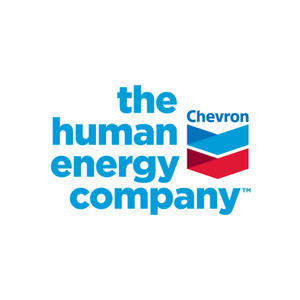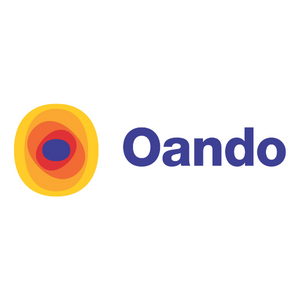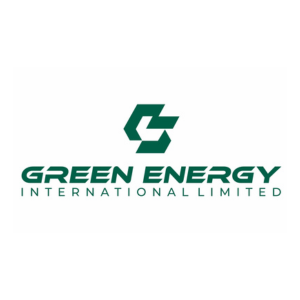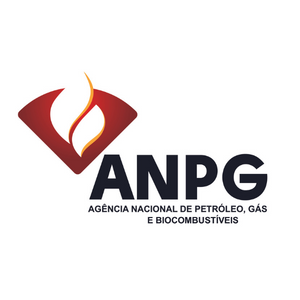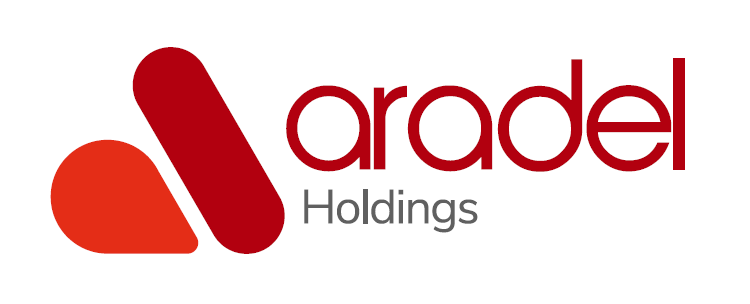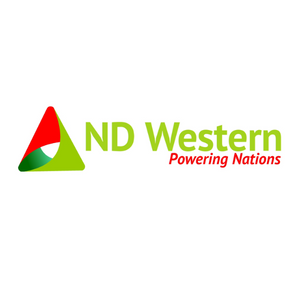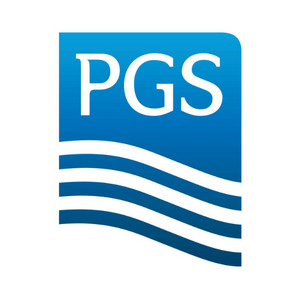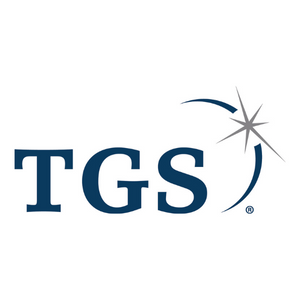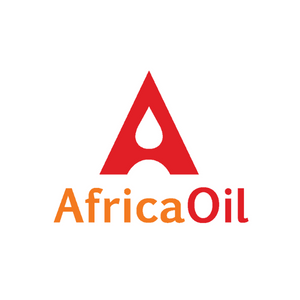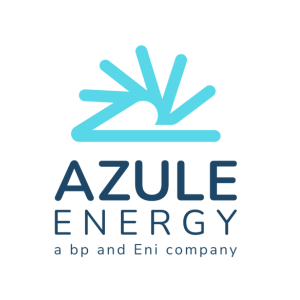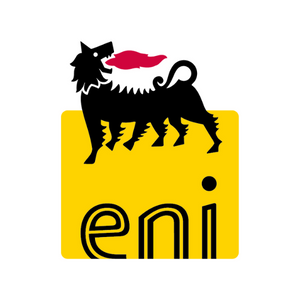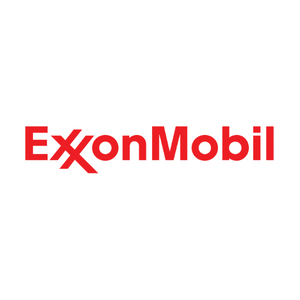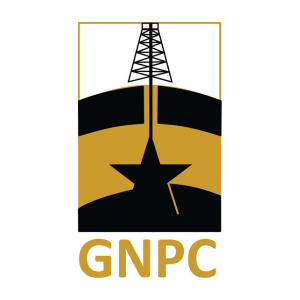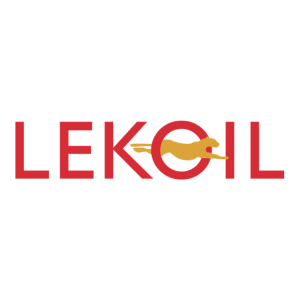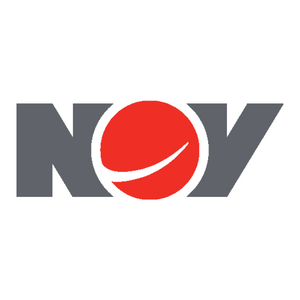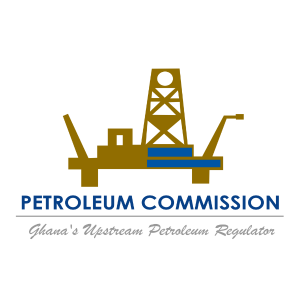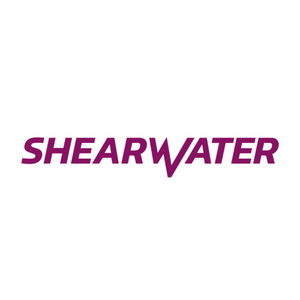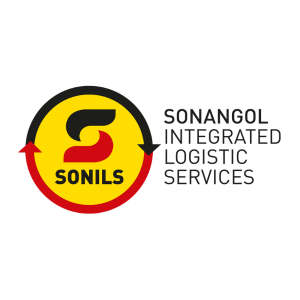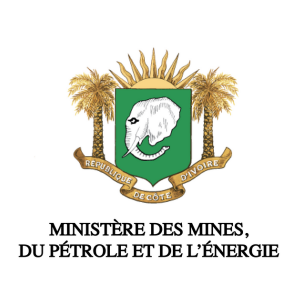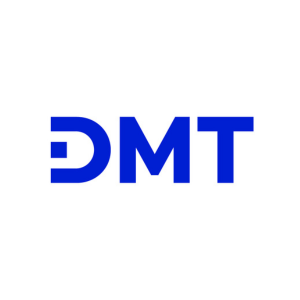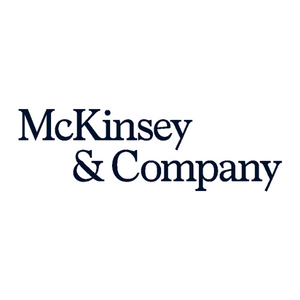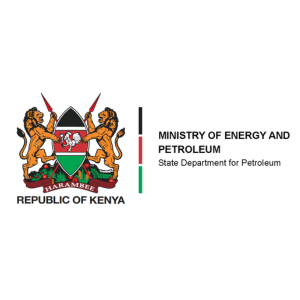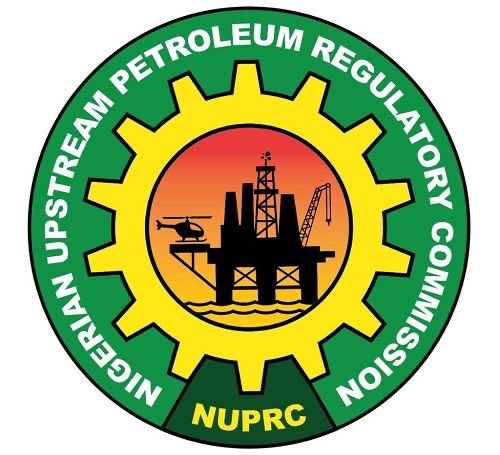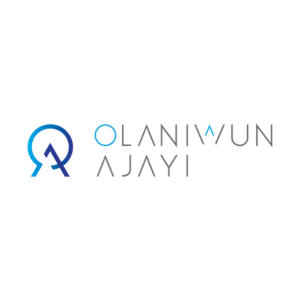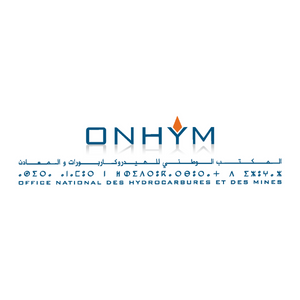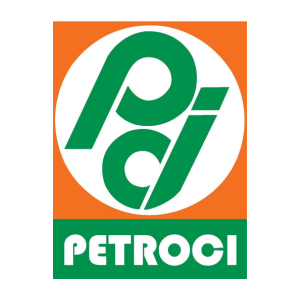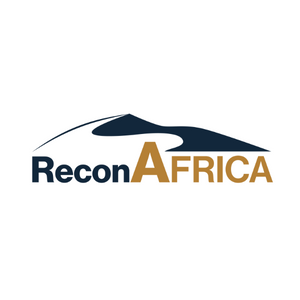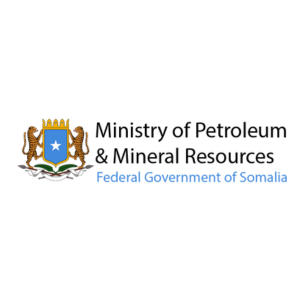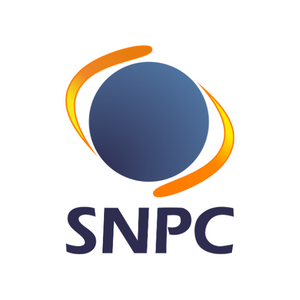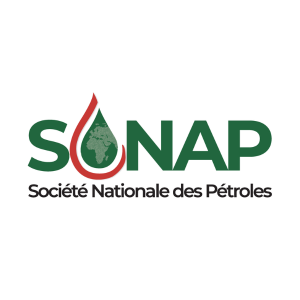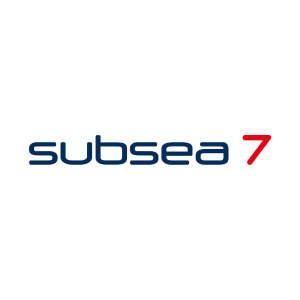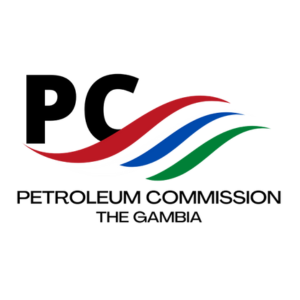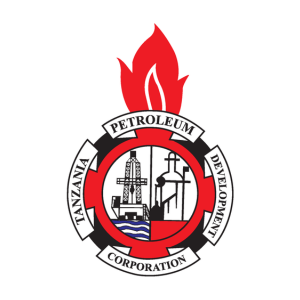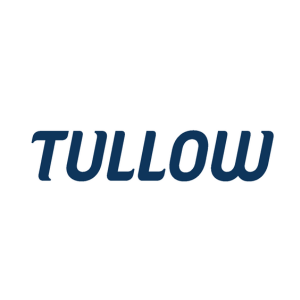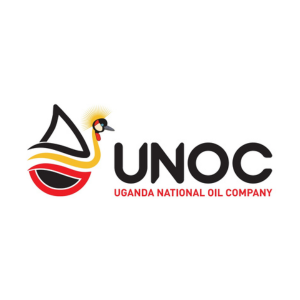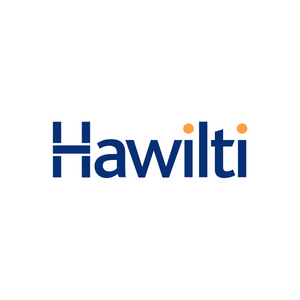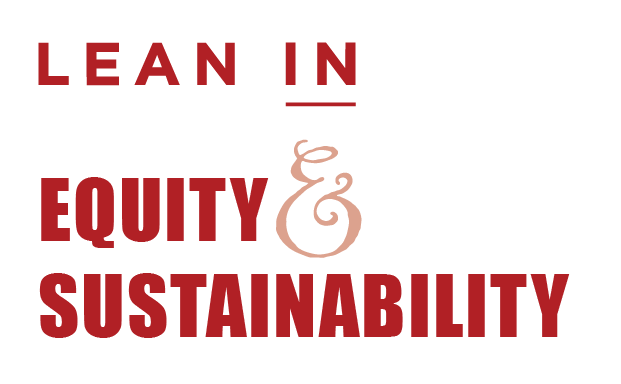US giant and partner Qatar Petroleum unveil monster discovery at latest wildcat in east Med
ExxonMobil and Qatar Petroleum (QP) have unveiled a massive gas discovery at their latest wildcat off Cyprus, with up to 8 trillion cubic feet of gas said to have been found.
The US supermajor operator and its Middle Eastern partner revealed on Thursday that the Glaucus-1 well on Block 10 had unearthed a significant discovery.
Preliminary interpretations peg the possible size of the gas find at between 5 Tcf and 8 Tcf.
The well was drilled to a total depth of 4200 metres, intersecting a gas-bearing reservoir of approximately 133 metres. The well was drilled in 2063 metres of water.
Although neither ExxonMobil nor QP identified the rig concerned, it is known to be the Stena Drilling-owned drillship Stena IceMax.
"Further analysis in the coming months will be required to better determine the resource potential," Irving, Texas-based ExxonMobil said.
Steve Greenlee, president of ExxonMobil Exploration Company, said: “These are encouraging results in a frontier exploration area.
"The potential for this newly discovered resource to serve as an energy source for regional and global markets will be evaluated further."
QP counterpart Saad Sherida al-Kabbi, who is also Qatar's minister for energy affairs, said: "We are pleased to announce this discovery in Cyprus, which is the second in Qatar Petroleum’s international exploration portfolio.
"This achievement is an important milestone in our strategy to expand our international footprint.
"I would like to congratulate and thank our partner, ExxonMobil, for the outstanding performance that led to this important achievement."
UK-based energy analysis company Westwood Global Energy Group said in a note of the find: "ExxonMobil's Glaucus discovery looks likely to be the first commercial follow-up discovery in the Zohr play in the Eastern Med," referring to the giant Eni gas discovery off Egypt.
"This follows three disappointing tests at Onesiphoros West, Calypso and Delphyne, and proves that Zohr was not a 'one-off'.
"Although the 5 Tcf to 8 Tcf in-place estimate at Glaucus is far from the 30 Tcf-plus in place at Zohr, it is nonetheless significant and proves the play has legs.
Westwood also pointed out that this is ExxonMobil's third high-impact discovery this year alone, following on from the Haimara and Tilapia oil finds on the prolific Stabroek block off Guyana.
It is also QP's second of the year, following on from the Total-operated Brulpadda discovery off South Africa, which was largely gas.
"Discovered volumes from high-impact exploration so far in 2019 are already more than 50% of the volume discovered in the whole of 2018, and its still only February," Westwood continued.
Robert Morris, senior research analyst, Europe upstream, at Wood Mackenzie, said: "Glaucus is a giant. It will be one of the biggest discoveries of the year.
"Based on ExxonMobil’s announcement and field analogues, we think the field could hold 4.55 trillion cubic feet of recoverable resource, or around 800 million barrels of oil equivalent."
Morris added; "The discovery maintains the east Mediterranean’s position as one of the world’s premier exploration hotspots."
Glaucus-1 was the second well for the partners in Block 10, with the first - Delphyne-1 - failing to make any commercial discovery.
That well was also drilled by the Stena IceMax. It is believed that the partners do not have any further exploration plans off Cyprus with this rig, however.
ExxonMobil operates Block 10 on 60%, with QP on 40%.
International companies drilling off Cyprus have faced fierce criticism and interference from the Ankara administration in Turkey, which lays claim to the northern part of the island.
State player Turkish Petroleum is in the midst of its own exploration drilling campaign in the region where others like Total and Eni have also been active - although Turkish warships disrupted Eni's drilling plans, causing the Italian major to take its drillship out of the region.

